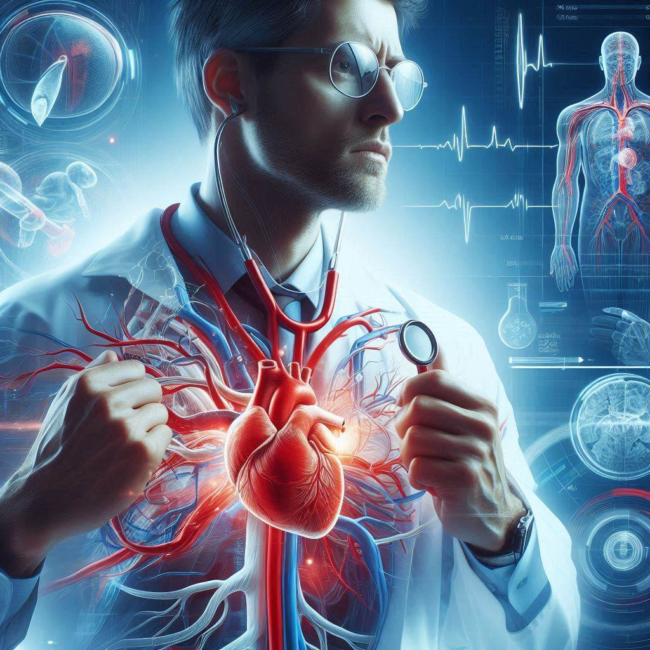
A cardiologist is akin to a gatekeeper of our heart health. These skilled doctors have a hand in preventing and treating many conditions that can harm our hearts, and in turn, our lives. One such life-threatening condition is a stroke – a condition that can strike like a thief in the night. The link between varicose veins NYC and stroke may not be apparent at first glance. Yet, a closer look reveals a fascinating and important connection. By the end of this blog, we will understand the vital role that cardiologists play in stroke prevention and treatment.
Cardiologists are known for their masterful approach to handling heart diseases. They are the healthcare providers who diagnose and treat heart-related conditions. However, their role is not limited to the heart alone. They play a critical part in the prevention and treatment of strokes as well.
Strokes occur when a part of the brain loses its blood supply. This can happen because of a blood clot (ischemic stroke) or bleeding in the brain (hemorrhagic stroke). Cardiologists can predict and prevent strokes by managing conditions known to cause clots, like Deep Vein Thrombosis and varicose veins.
Cardiologists also play a crucial role in treating strokes. They help in prompt diagnosis and provide expert guidance on the best treatment plan. They are also responsible for the patient’s recovery and rehabilitation.
Now let’s see a simple comparison table on the risk factors that cardiologists help manage, and how they contribute to stroke prevention:
| Risk Factor | How Cardiologists Help |
| High Blood Pressure | They monitor and control high blood pressure, a leading cause of stroke. |
| Heart Diseases | They diagnose and treat heart conditions that can lead to stroke. |
| Varicose veins | They manage varicose veins to prevent blood clots leading to stroke. |
In conclusion, the role of a cardiologist in the prevention and treatment of stroke goes far beyond what we might think. They care for our hearts, but they also help safeguard our brains. They are indeed the gatekeepers of our heart health, and in turn, our overall well-being.